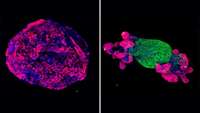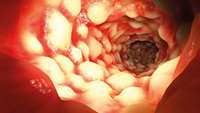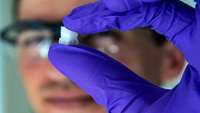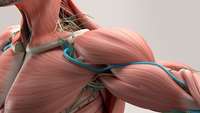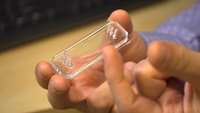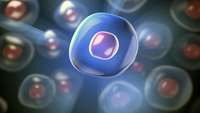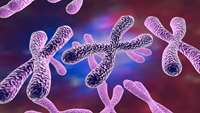Novartis CEO plans gene therapy price far lower than $4 million to $5 million range
Novartis AG’s top executive said on Wednesday it expects to price its gene therapy for spinal muscular atrophy “far lower” than the $4 million to $5 million figure the Swiss drugmaker has said it could be worth.
AveXis receives FDA approval for Zolgensma®, the first and only gene therapy for pediatric patients with spinal muscular atrophy (SMA)
AveXis, a Novartis company, today announced the US Food and Drug Administration (FDA) has approved Zolgensma® (onasemnogene abeparvovac-xioi) for the treatment of pediatric patients less than 2 years of age with spinal muscular atrophy (SMA) with bi-allelic mutations in the survival motor neuron 1 (SMN1) gene.
Johns Hopkins Researchers Create Novel Cell Model of Aging-Related Colon Cancer Risk
Johns Hopkins Kimmel Cancer Center researchers say a new study of clusters of mouse cells known as “organoids” has significantly strengthened evidence that epigenetic changes, common to aging, play a essential role in colon cancer initiation.
Stanford team develops brain-rejuvenating antibodies that let old mice think like youngsters
In a stunning piece of research, Stanford neuroscientists have hunted down a single gene that encodes a protein responsible for age-related cognitive losses, targeted it with special blocking antibodies, and shown in mice that these antibodies can rejuvenate old brains to work as well as young ones.
Patients own cells could be the key to treating Crohns disease
A new technique using patients own modified cells to treat Crohns disease has been proven to be effective in experiments using human cells, with a clinical trial of the treatment expected to start in the next six months.
Researchers Advance 3D Printing in Effort to Rebuild Damaged Bone Tissues
Bioscientists are moving closer to 3D-printed artificial tissues to help heal bone and cartilage typically damaged in sports-related injuries to knees, ankles and elbows.
UMN study provides new insight into use of cell replacement therapies to treat muscular dystrophies
The University of Minnesota Medical School continues its legacy of advancing cell replacement therapies with a scientific breakthrough that highlights the promise of cell therapies for muscular dystrophy.
New method to assess platelet health could help ER doctors
Emergency room doctors often have only a few minutes to determine which patients are in need of a blood transfusion.
Study sheds light on damage linked to aging
Some of the damaging cell effects linked to ageing could be prevented by manipulating tiny parts of cells, a study shows.
Measuring chromosome imbalance could clarify cancer prognosis
Most human cells have 23 pairs of chromosomes. Any deviation from this number can be fatal for cells, and several genetic disorders, such as Down syndrome, are caused by abnormal numbers of chromosomes.




